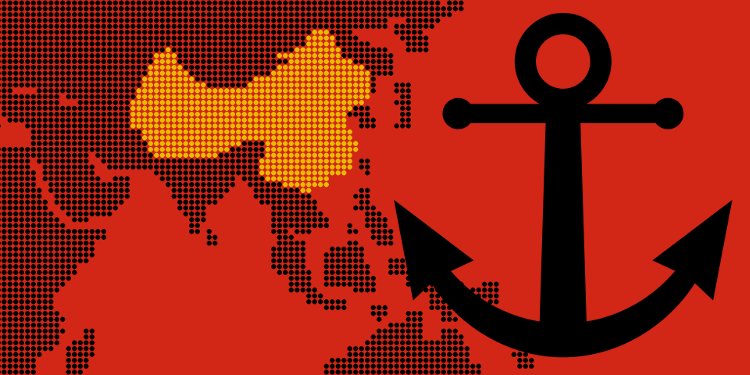A negative response in the wake of President-Elect Trump’s phone call with Taiwanese President Tsai Ing-Wen (蔡英文) could backfire. Such an educational, peaceful, and friendly phone call—clearing up an enormous misconception and even security concerns—deserves nothing less than praise. One harmless, little phone call encouraged millions of people in Asia to relax. Only an aggressor would object.
China did not directly or clearly protest. They did cordially make a “solemn representation” to remind the US of US-China relations and fired a handful of missiles—which they shoot off from time to time anyway. From China’s viewpoint, Beijing’s response was shrewd and defensible. Beijing is not rolling like any loose cannon so far.
The question that comes up, however, is about “Taiwanese Independence”. The Western press already paints Taiwan as “viewing itself as independent”, though Taiwan is nowhere close to inking any such opinion. On the books, Taiwan thinks it’s capital is deep in the heart of China and that Mongolia is a break-away province. Given the alternative, it would be magnanimous of China to welcome Taiwan discarding the current KMT-Nationalist definition of “one China” in exchange for anything, even “Taiwan Independence”; Mongolia might not take kindly to Beijing endorsing Taiwan’s out-dated view of the Mongols. Beijing is in a tight spot, and understandably so.
As much research documents, the Taiwanese people overwhelmingly already think of themselves as a nation-state and want the best of friendly relations with Beijing. Both the popular opinion and the offer for friendship are dangerous to reject.
The question of Taiwan Independence also has bearing on Hong Kong. While Beijing has done a much better job than Britain did—not to mention all the new Christians in Hong Kong since Britain left—the noise from Umbrella Movement paints Beijing as a regional killjoy. If Beijing wants the question of “Taiwanese Independence” to remain out-of-the-question, it has a tall order of PR work to do in the territory it already controls: Hong Kong.


